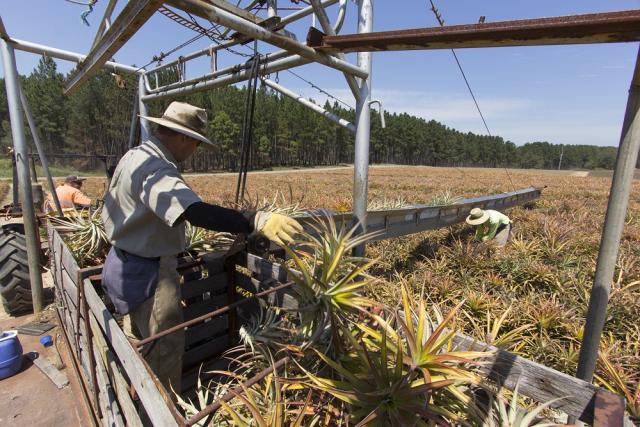Noosa Council and Noosa Biosphere Reserve Foundation have welcomed Sunshine Coast Council to UNESCO’s Man and the Biosphere Program.
“With the Sunshine Coast’s designation as a biosphere reserve, we’re delighted to welcome our southern neighbours to the UNESCO family,” Noosa Mayor Clare Stewart said.
“Biosphere designation recognises a region’s commitment to sustainable living in harmony with nature and we look forward to collaborating with Sunshine Coast Council on our shared ideals.”
Noosa Biosphere Reserve Foundation chair Rowan Rafferty said Queensland was now the only place in the world to have three adjoining biosphere reserves.
“This has created a unique corridor that stretches uninterrupted from the southern end of the Sunshine Coast right up to the Fraser Coast and Wide Bay,” he said.
Noosa Shire was Queensland’s first biosphere reserve to be designated, back in 2007, and has maintained its world-class reputation as a special place that celebrates its community and environment.
The Great Sandy Biosphere, to Noosa’s north, was designated in 2009.
“This is an occasion to celebrate. Having three biosphere reserves side by side enhances our world class reputation as a region that values sustainable development along with active conservation.
“The Noosa Biosphere Reserve Foundation offers its support to Sunshine Coast Biosphere and looks forward to working with our sister biospheres to further the global goals of UNESCO’s Man and the Biosphere program.”
Last year, the Noosa Biosphere Reserve was awarded the coveted UNESCO Michel Batisse Award 2021 for excellence in biosphere reserve management.
Mr Rafferty said Noosa’s biosphere reserve designation 15 years ago recognised the community’s commitment to living sustainably and in harmony with the natural environment.
“The results of Noosa Council’s recent Liveability Survey show that our community continues to place a very high value on protecting our local environment,” Mayor Stewart said.
“It’s great to know we share these important values with our neighbours to both the north and south.”
The World Network of Biosphere Reserves now includes 738 sites in 134 countries.








